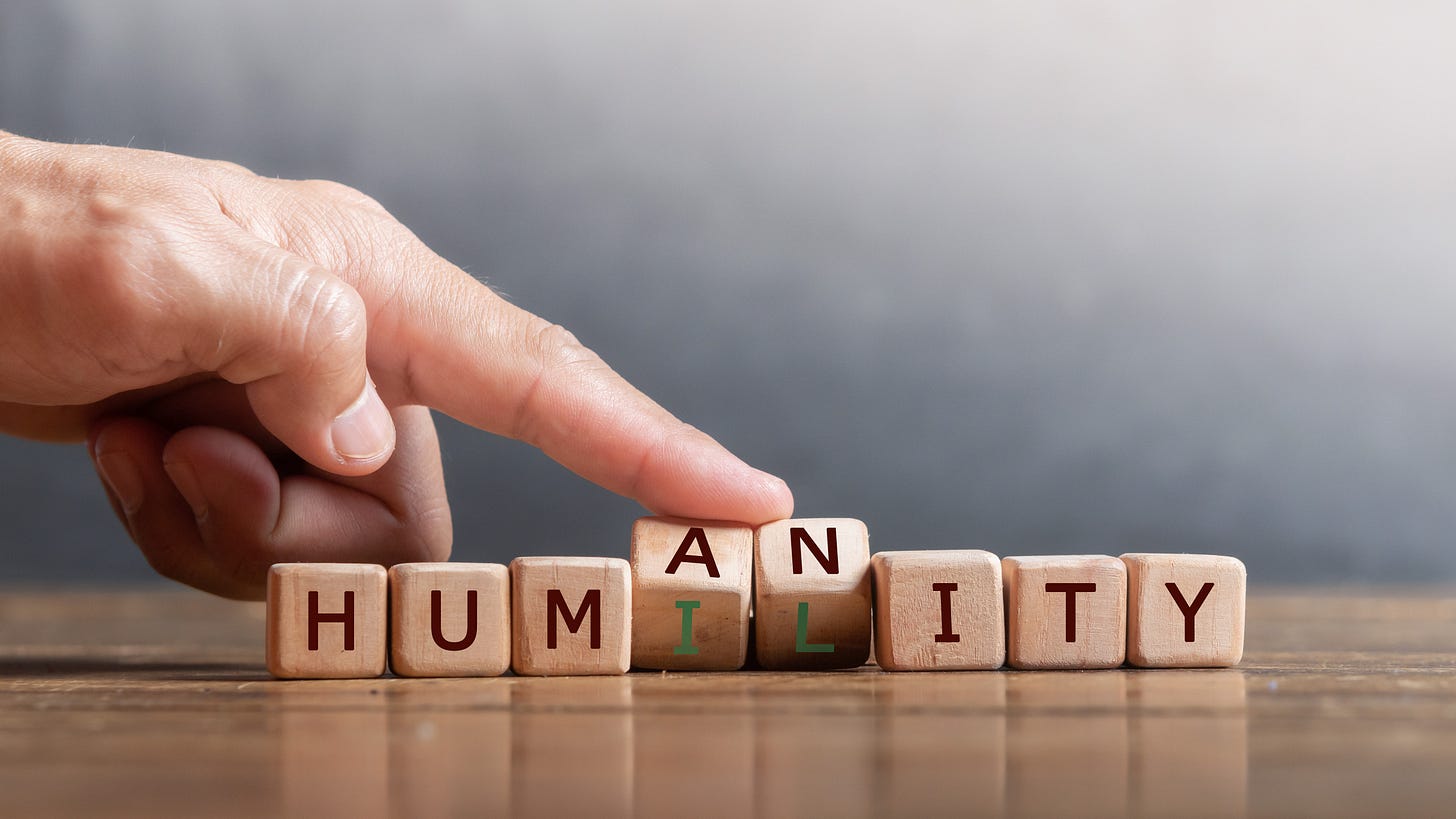In September, Ask The Patient reached the 1000+ subscriber milestone! I still remember how nervous I was when I hit that “send” button for my first newsletter in April. To celebrate, I am introducing my first-ever guest writer, Emma Smith-Stevens! Here is a short recorded intro (also a new thing I am trying!):
On the morning of December 22nd, 2015, I awoke with the sensation of my muscles slowly ripping away from my bones. I was feverish, weak, befogged. I had tinnitus and a pounding heart. I intuited that I would never be the same.
Soon after, I was diagnosed with two tickborne diseases: Lyme and Babesia. The doctor and I were able to trace on-and-off symptoms back several years when I’d found a tick embedded in my leg. After a year, I was cleared of Lyme. Babesia took much longer. As a result of aggressive treatment with antibiotics, I contracted C. difficile, a potentially life-threatening infection of the colon; it took months to beat it. Afterwards, it became clear something else was wrong.
I lay in bed for the next three-and-a-half years, leaving the apartment I shared with my husband mostly for medical appointments. The major exception was promoting my first book in 2017. How did I do readings? Interviews? Travel? It took everything I had, major assistance from my husband and friends, and strong pain medication. In retrospect, it seems miraculous.
Eventually, tests that had initially been negative turned positive, showing that I’d developed an autoimmune condition affecting my thyroid, connective tissues (joints, tendons, bursa), energy levels, cognition, and eventually my brain. Then, a biopsy showed I had a form of neuropathy, causing dysfunction of my autonomic nervous system, which regulates bodily processes we can’t consciously control (e.g. digestion, blood pressure, heart rate, body temperature, and more.) A renowned neurologist at a major New York City hospital advised that I undergo long-term Intravenous Immune Globulin (IVIG)—an incredibly expensive therapy that was, at the time, considered experimental for my condition. He wouldn’t go to bat with my insurance and wished me luck finding a doctor who would.
I was on my own, struggling to find a neurologist who would fight for me. I had no clue where to begin, so I just started putting my story out there, wherever I could. A patient advocate reached out to me after I’d posted in a Facebook group for IVIG. IVIG had saved her life, she said. Now she worked connecting prospective patients to a neurologist who could prescribe it. (I thought she was likely a con artist, but I was desperate enough to show up at the doctor’s office, where I was proven wrong.)
Dr. S vowed to battle for my infusions, but he warned that winning coverage was far from guaranteed. Months crept by. I felt increasingly trapped: in my broken body, my apartment, the couch or bed, terrifying thoughts. I got sicker. After nine months of back and forth, through countless denials and appeals and “peer-to-peers,” Dr. S informed my insurer I was poised to write an exposé for a national newspaper, recounting the company’s refusal to cover potentially lifesaving care. I was approved the next day.
When I taught college courses as a graduate student, and later as an adjunct or lecturer, I learned to embrace the phrase, “I don’t know” in the classroom. Those words are honest, vulnerable.
Telling students that I didn’t have all the answers created an opportunity for me to add: “I’ll research and share what I learn.” Even and especially when we are in a position of authority or expertise, such an admission both conveys and elicits integrity and respect. Whether in a traditional university setting or instructing students who are incarcerated in a men’s maximum-security prison, when I said, “I don’t know,” my class would open up. Their own “I don’t knows” allowed anxiety or pride to give way to curiosity. They’d hold discussion groups outside of class, conduct research themselves, and come in eager to report their discoveries. Together, we learned that collaborations can yield more than the sum of their parts.
Being chronically ill requires a lot of self-advocacy, for healing and in some cases survival. As a white, cis-het woman educated in elite institutions, who has depended on her family’s financial assistance throughout her illness, I have unusual privilege, including within our medical system. My circumstances enable a higher level of comfort than most people can access when advocating for my needs.
Medical professionals are not without the biases of our larger society; due to racism, transphobia, sexism/misogyny, immigration status, and countless other prejudices, doctors and nurses may lack respect, empathy, appreciation of dignity, or even belief in a patient’s suffering.
This is not only cruel and degrading; it can be life-threatening.
By and large, I’ve received the skilled and respectful care that should be available to all. Still, every step forward has required that I stand up for myself or press doctors to better understand my needs, whether I’m asserting the severity of my symptoms or explaining why my level of disability is unacceptable to me. Once my autoimmune conditions were established, I’d still tiptoe around certain doctors’ pride while communicating, “My life is still very small, and there is much more healing I must do. I implore you to help me achieve that.”
#AskThePatient poll on X has something to say about tip-toeing around doctors’ pride/ego:
So far, over 91% of people said they had had to tiptoe around prideful doctors. There is still time to participate in the poll or discussion!
“Self-advocacy” has, at times, included things it never should. Based on my sense of a given doctor, I’ve been overly deferential, throwing a veil of submission over my ferocious hunger for relief. At times, I’ve appeased and affirmed the egos of those whose wisdom I hoped might save me. Early in my illness, I discovered a huge benefit in somehow forcing a calm affect, even as I watched my life fall away. I became careful not to use “too much” medical lingo, lest that be interpreted as a sign that I research my illness on the internet (a practice some doctors dislike).
Other women especially have told me they rein in emotions and modulate their demeanor, lest a medical professional label them “difficult” or “neurotic” (read: hysterical), or an “attention-seeker.” (I always wonder, what kind of attention? Undergoing intrusive tests? Painful procedures? Or is the assumption that we want to be pitied?)
At the beginning of my sickness, two doctors suggested that my problem was psychosomatic. Both times, I was seized by terror. If I wasn’t believed, how could I be saved? (It’s worth noting that even if someone intentionally lies about suffering physically, aren’t they still, in some other way, suffering? Perhaps from loneliness? Psychic pain? The aftermath of a trauma they cannot—or don’t dare—name? Don’t they, too, deserve care?)
As a result of trial and error, the love and extensive research of my husband and mother, and referrals from a wonderful primary care doctor, today I work with devoted, wise, and compassionate doctors who take me, my health, and my life seriously. After years of running into dead ends (and sometimes enormous egos), finding those willing to fully take on my complex conditions feels revelatory and deeply hopeful. I have indeed made much progress in the last couple of years; the dedication and brilliance of my doctors—oftentimes, my collaborators—is the biggest reason why.
All doctor-patient relationships require self-advocacy, but that part of my healthcare is no longer demoralizing. My PCP and specialists work together for my benefit. While much about being sick—continued frequent appointments and tests and treatments, and the daunting questions that loom—still weighs on me heavily, I’m continually seeking, and finding, guidance, opportunities to extend a hand to others with chronic illnesses, and the next step forward for myself. Slowly, I’m finding ways to increase my acceptance of uncertainty (however flickering and imperfect) in meditation, relationships, and the continued evolution of medicine.
Excellent health practitioners listen from a place of learned curiosity and compassion. They operate based on a profound understanding that their patients have the same concerns, desires, joys, fears, and worthiness that they hold within themselves. It is a privilege, though one I’d never wish for anyone, to coauthor the story of healing, regression, flares, and relief with doctors who share my goals regarding quality and longevity, and who, when in doubt, have the humility, strength, and wisdom to say, “I don’t know.”









Thank you Dr Zha and Emma for this important and insightful article. I agreed with everything Emma said - and have had to do almost everything she described in the name of “self advocacy”.
I hope all chronic illness patients read this and feel a bit less alone.
💜💜💜💜💜 I love this!!!